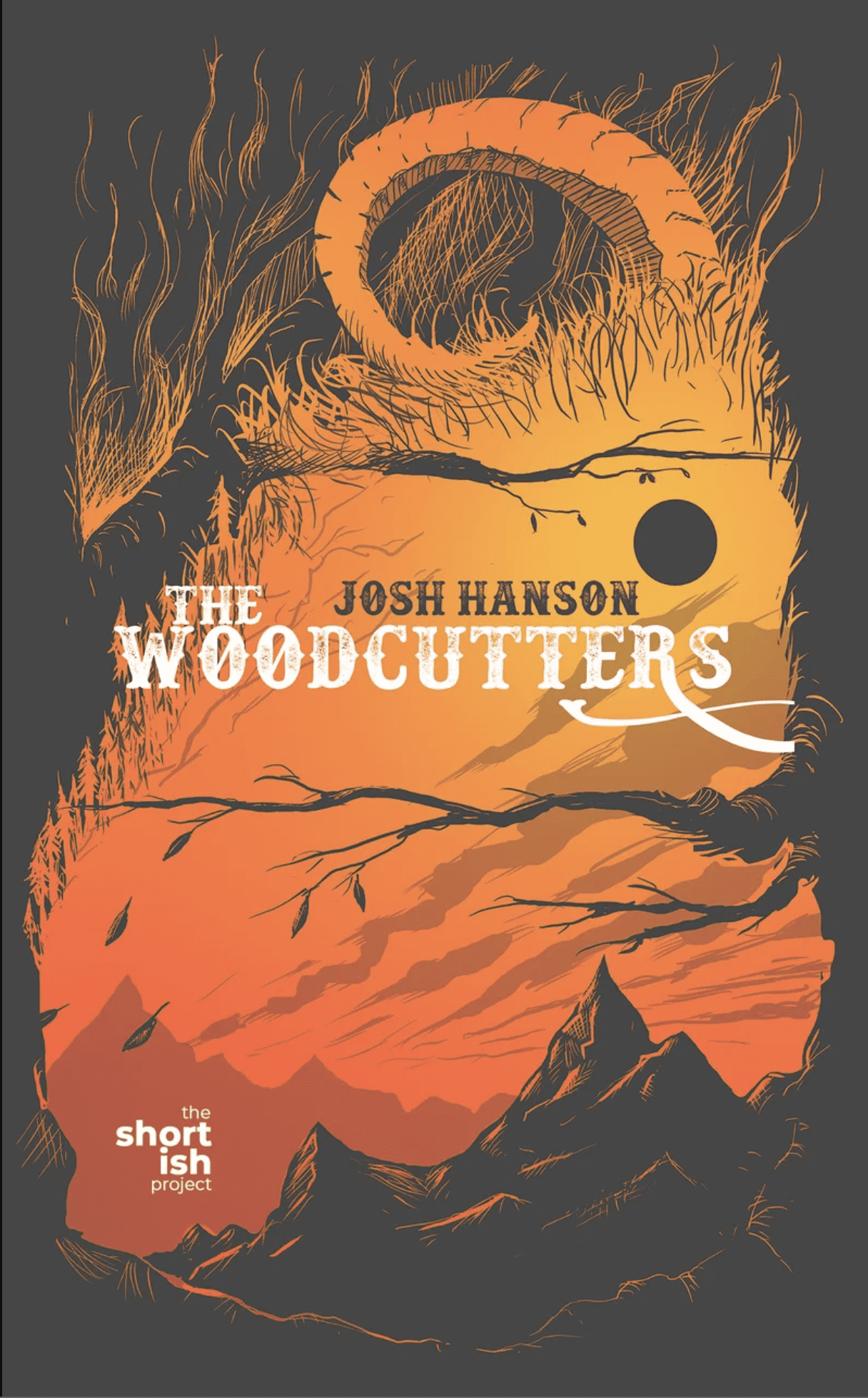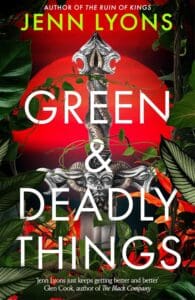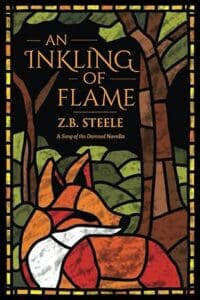
Rarely have the Cosmic and the Western been so well matched…
Synopsis
A dark, dramatic story of the supernatural inspired by the Wagon Box Fight of 1867 in the Wyoming Territory. Lewis Tanner has run from his home in Tennessee and, after a series of crimes and misadventures, finds himself on a woodcutting crew at an Army fort in the middle of Indian country. After his crew is ambushed by Native forces, Lewis is forced into a group that rides out for revenge. But the woods are bad. Strange forces are at work there, and soon, his fellow fighters are found eviscerated. Lewis must fight for survival as otherworldly forces hunt him and his companions through a place they were never meant to enter.
Review
Cosmic horror and the Western genre, as horror authors have increasingly found, make surprisingly good bedfellows. Maybe it’s the vast expanses of unknown territory that correlate so well with the unknown terrors of the Lovecraftian spaces. Maybe it’s the extreme violence associated with the West – scalping, gutshot wounds, men seeing red in the heat and inflicting extreme acts on their fellow men – that fits so well with the graphic gore sprinkled amongst the slowburn terror of the genre. Or maybe – as in the best of modern cosmic horror – it’s that the historical crimes of men, as demonstrated by Americans’ crimes against their Indigenous peoples – fits well with the idea that the terrifying evil of the spaces of the universe finds a good stablemate in the sheer evil of humanity.
But whatever the reason, the West fits well with the Cosmic, and rarely has it fit so well as with Josh Hanson’s delightful and delightfully dark debut novella The Woodcutters, a cosmic horror Western which builds up the knife-like tension before bringing you violence far beyond what any knife could hope to inflict.
The setting is 1867 Wyoming Territory, and the US army are pushing into land that men should not be pushing into. Their enemies are the natives, a conglomeration of local tribes seeking to halt this latest expansionist push in its tracks…. but there is also something terrifying in the woods, something that bends the land itself and shuffles along the ravine and inflicts terrifying violence on unsuspecting wanderers.
Our protagonist Lewis, a woodcutter who works with the soldiers in the local fort, wanders haplessly around this unforgiving territory as his soldiers and woodcutters die around him. He appears a simple sort at first, and Hanson’s straightforward prose reflects this, which makes it all the more effective when the genuinely unsettling gore appears and is described in unflinching detail:
…their limbs were opened up down to the bone in long, ragged cuts, the flesh swollen and already suppurating, the fat, blue-green bodies of flies swarming over it.
It’s this double act – a growing sense of tension of the “oh shit something isn’t right” variety relayed simply by the woodcutter, followed by the violent smack of body horror – which helps make this such a wild ride. And oh, that gore. Disturbing doesn’t cover it; one delightfully twisted and vivid scene will stay with you till the Rapture.
Another sign that we’re in the company of a confident writer is the small details, one in particular; one of Lewis’ compatriots is injured early on by an arrow to the brain but survives, though in somewhat lesser form, and Hanson keeps coming back to the man and his arrow and his behaviour, until it felt like I was part of some bizarre medical experiment. The first third of this novella I was almost a man possessed – ironic, given what happens later – with monitoring this man with an arrow in his head. It’s a small point, and maybe says more about my own strange obsessions, but it was something that didn’t need to be there but something I couldn’t stop thinking about – the classic tell of the confident wordsmith:
The way the shaft protruded from his temple was so alien, so wrong, that it made Lewis’ head swim if he looked directly at it, just like Eugene’s mismatched eyes: one white and searching, the other blood-filled and staring off and downward.
We are also treated to Lewis’ backstory and how he ended up here. At first it’s not obvious what this has to do with the plot, but the slow unravelling of the meaning here dovetails beautifully into the cosmic horror denouement.
I think overall this reminded me a lot of Laird Barron, a writer who’s frequently explored the modern potential of cosmic horror (particularly his resplendent short story Blackwood’s Baby, similarly involving a horrific nightmarish incident in Western woods). In such tales, the horrors of men and male character are highlighted just as much as the horrors of the unknown, and Hanson reminds us of this through the sheer pointlessness of the Army’s inevitable conflict with the natives. In doing so he gives us a coda far removed from the cosmic horror itself that feels like a damning verdict on this period, and in that sense is as extremely satisfying an ending as you could have.
This is a resplendent advert for the power and potential of modern cosmic horror – you’ll be hard pressed to find a more nerve-shredding, thoughtful, viscerally disturbing example of the genre than this. Hanson’s first full length novel is coming out next month as I write this, and on this evidence it’s going to be quite something.








Leave a Reply